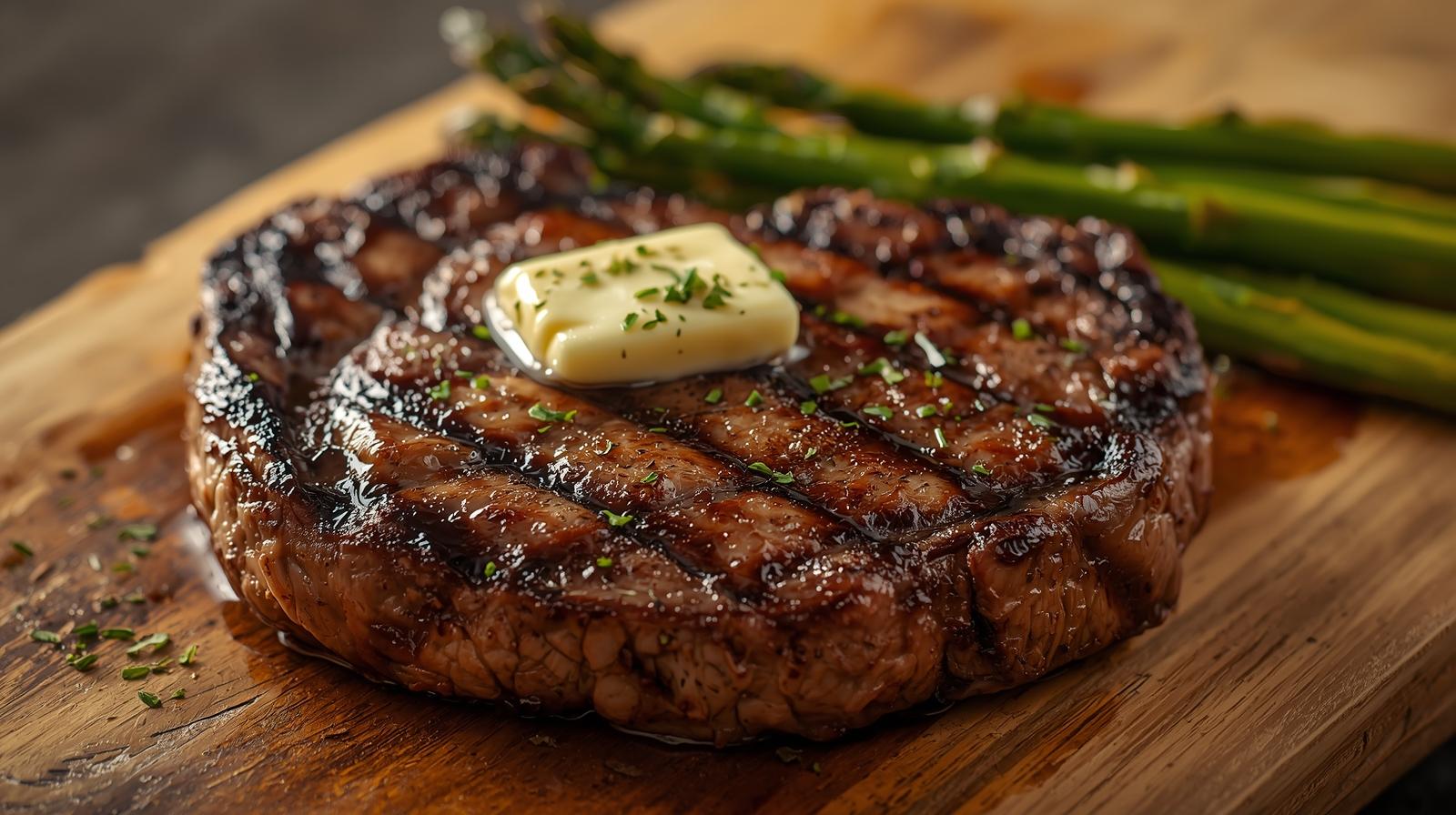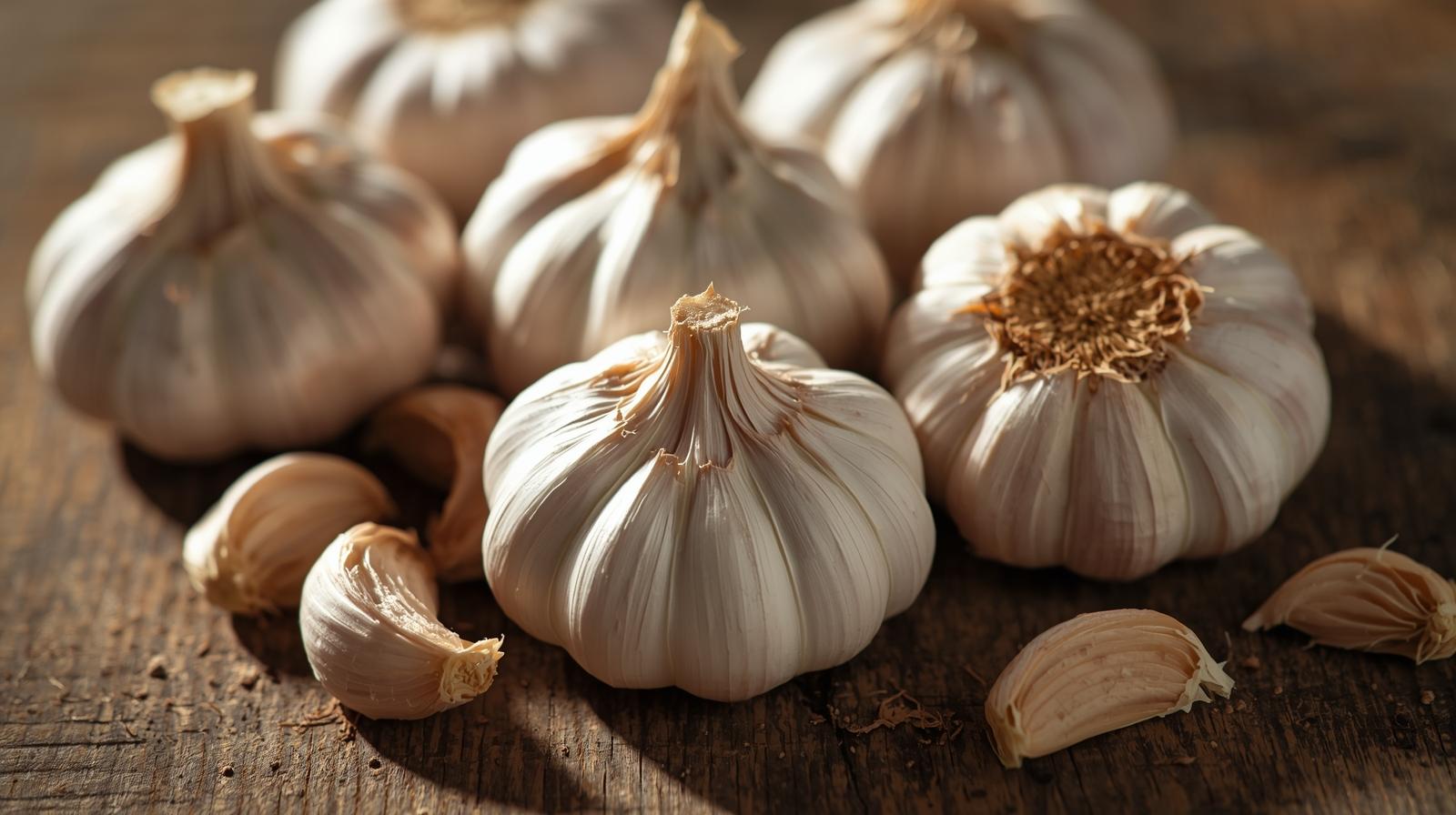Healthy Bones & Joints after 50
Why Bone & Joint Health Matters After 50
After 50, several age-related changes can impact bone and joint health:
- Decreased Bone Density: Bone density naturally declines with age, increasing the risk of osteoporosis and fractures.
- Reduced Cartilage: The cartilage cushioning our joints can wear down, leading to osteoarthritis and joint pain.
- Hormonal Changes: Menopause in women significantly reduces estrogen levels, accelerating bone loss. Men also experience a gradual decline in testosterone, which can affect bone health.
- Decreased Muscle Mass: Loss of muscle mass (sarcopenia) can put additional stress on joints and bones.
By proactively focusing on nutrition, we can mitigate these changes and improve our overall well-being.
The Essential Nutrients for Bone & Joint Health
A balanced diet rich in the following nutrients is essential for maintaining bone and joint health after 50:
- Calcium: Crucial for building and maintaining strong bones. Aim for at least 1200 mg per day.
- Vitamin D: Helps your body absorb calcium. Aim for 800-1000 IU per day. Sunlight exposure is also important for Vitamin D production.
- Vitamin K2: Directs calcium to the bones and helps prevent it from depositing in soft tissues.
- Magnesium: Important for bone health and muscle function.
- Potassium: Helps neutralize acids that can leach calcium from bones.
- Omega-3 Fatty Acids: Have anti-inflammatory properties that can reduce joint pain and stiffness.
- Antioxidants: Protect joint tissues from damage caused by free radicals.
- Protein: Essential for building and repairing tissues, including bones and muscles. Aim for 0.8 grams of protein per kilogram of body weight.

Top Foods for Strong Bones
Dairy Products:
- Milk
- Yogurt
- Cheese
Excellent sources of calcium and vitamin D. Choose low-fat or fat-free options to reduce saturated fat intake. Yogurt also contains probiotics, which can improve gut health and indirectly benefit bone health. Greek yogurt is particularly high in protein.
Leafy Green Vegetables:
- Broccili
- Cabbage
- Collard Greens
Rich in calcium, vitamin K, and magnesium. These nutrients work together to strengthen bones and improve bone density. Aim for several servings per week.
Fortified Foods:
- Plant-based milks (almond, soy, oat) - NOT GMO
- Orange juice
- Cereals
Many plant-based milks and other foods are fortified with calcium and vitamin D. Check the nutrition labels to ensure they provide a significant amount of these nutrients.
Fatty Fish:
- Salmon
- Mackerel
- Sardines
Excellent sources of vitamin D and omega-3 fatty acids. Vitamin D helps with calcium absorption, while omega-3s have anti-inflammatory properties that can benefit joint health. Sardines also contain calcium due to their edible bones.
Nuts and Seeds:
- Almonds
- Chia Seeds
- Flaxseeds
Almonds are a good source of calcium and magnesium. Chia and flaxseeds provide omega-3 fatty acids and fiber. Include a variety of nuts and seeds in your diet for optimal bone health.
Foods for Healthy Joints:
Olive Oil:
- Extra Virgin Olive Oil
Contains oleocanthal, a compound with anti-inflammatory properties similar to ibuprofen. Use olive oil for cooking and salad dressings to help reduce joint pain and inflammation.
Berries:
- Blueberries
- Strawberries
- Raspberries
Rich in antioxidants, which protect joint tissues from damage caused by free radicals. Berries can help reduce inflammation and improve joint function. Enjoy them as a snack or add them to your breakfast.
Cruciferous Vegetables:
- Broccoli
- Cauliflower
- Brussels Sprouts
Contain sulforaphane, a compound that may help slow down cartilage damage in joints. Include these vegetables in your diet regularly to support joint health.
Garlic and Onions:
- Garlic
- Onions
Contain compounds that can reduce inflammation and pain. Add them to your meals to enhance flavor and boost joint health.
Ginger and Turmeric:
- Ginger
- Turmeric
Possess potent anti-inflammatory properties. Turmeric contains curcumin, which has been shown to reduce joint pain and stiffness. Ginger can also help alleviate inflammation. Use them in cooking, teas, or supplements.

Foods to Limit or Avoid
Certain foods can exacerbate inflammation and negatively impact bone and joint health. It's best to limit or avoid the following:
- Processed Foods: High in unhealthy fats, sugar, and sodium, which can promote inflammation.
- Sugary Drinks: Contribute to weight gain and inflammation. Choose water or unsweetened beverages instead.
- Excessive Alcohol: Can interfere with calcium absorption and bone formation.
- High-Sodium Foods: Can increase calcium excretion, leading to bone loss.
Lifestyle Tips for Bone and Joint Health
In addition to diet, lifestyle factors play a crucial role in maintaining bone and joint health:
- Regular Exercise: Weight-bearing exercises, such as walking, jogging, and strength training, help build and maintain bone density. Low-impact exercises like swimming and cycling are gentle on the joints.
- Maintain a Healthy Weight: Excess weight puts additional stress on joints, increasing the risk of osteoarthritis.
- Good Posture: Proper posture helps distribute weight evenly and reduces stress on joints.
- Quit Smoking: Smoking impairs blood flow and can negatively impact bone density.
- Sun Exposure: Aim for 15-20 minutes of sun exposure daily to help your body produce vitamin D. Use sunscreen to protect your skin.
- Stay Hydrated: Water helps keep joints lubricated and functioning properly.

Sample Meal Plan for Bone and Joint Health (Over 50)
Here's a sample meal plan incorporating foods beneficial for bone and joint health. Adjust portion sizes based on your individual needs and activity level.
Monday
- Breakfast: Oatmeal with berries and nuts, fortified almond milk
- Lunch: Salad with grilled chicken or fish, mixed greens, olive oil dressing
- Dinner: Baked salmon with roasted broccoli and quinoa
Tuesday
- Breakfast: Greek yogurt with fruit and chia seeds
- Lunch: Leftover baked salmon with salad
- Dinner: Lentil soup with whole-wheat bread
Wednesday
- Breakfast: Smoothie with spinach, banana, protein powder and fortified plant-based milk
- Lunch: Turkey sandwich on whole-grain bread with avocado
- Dinner: Chicken stir-fry with brown rice and mixed vegetables
Thursday
- Breakfast: Scrambled eggs with spinach and mushrooms
- Lunch: Leftover chicken stir-fry
- Dinner: Baked sweet potato with black beans, salsa, and Greek yogurt
Friday
- Breakfast: Whole-wheat toast with avocado and a poached egg
- Lunch: Tuna salad sandwich on whole-grain bread
- Dinner: Pizza on whole wheat crust with lots of vegetables, low-fat cheese, and lean protein
Saturday
- Breakfast: Pancakes with fruit and low sugar syrup
- Lunch: Chicken or veggie tacos on whole wheat tortillas
- Dinner: Cookout, including lean meat and corn on the cob
Sunday
- Breakfast: Eggs Benedict, but use whole wheat English muffins and load it up with lots of green veggies
- Lunch: Salad with lots of vegetables and chickpeas
- Dinner: Pork tenderloin with roasted potatoes and asparagus
Snacks:
- Nuts and seeds
- Fruit
- Yogurt
- Vegetables with hummus
The Importance of Supplements:
While a healthy diet is the foundation for bone and joint health, supplements can help fill in any nutritional gaps. Consult with your doctor or a registered dietitian before starting any new supplements.
- Calcium and Vitamin D: Consider taking a supplement if you are not getting enough from your diet.
- Omega-3 Fatty Acids: If you don't eat fatty fish regularly, an omega-3 supplement may be beneficial. Look for a supplement containing both EPA and DHA.
- Glucosamine and Chondroitin: Some studies suggest that these supplements may help reduce joint pain and improve joint function. However, the evidence is mixed, and they may not work for everyone. Talk to your doctor before taking them.
- Turmeric/Curcumin: Consider taking a curcumin supplement to help reduce joint pain. Look for supplements that are made with pepper in to increase absorption.

Conclusion:
Prioritizing bone and joint health after 50 is essential for maintaining an active and fulfilling life. By incorporating the recommended foods and lifestyle tips into your daily routine, you can strengthen your bones, reduce joint pain, and improve your overall well-being. Remember to consult with your healthcare provider for personalized advice and to address any specific concerns you may have. Small dietary changes can make a big difference!

